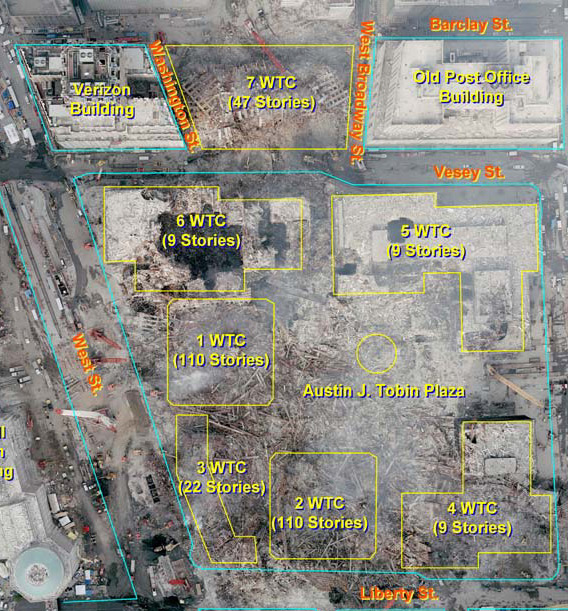The U.S. Environmental Protection Agency has formally denied a 2011 rulemaking petition that sought to “revise the regulatory threshold for defining waste as corrosive from the current value of pH 12.5, to pH 11.5; and expand the scope of the Resource Conservation and Recovery Act (RCRA) corrosivity definition to include non-aqueous wastes in addition to the aqueous wastes currently regulated.”

Public Employees for Environmental Responsibility (PEER) and Dr. Cate Jenkins, petitioners, claimed that had the RCRA standard included the requested language in 2001, New York City first responders would have suffered fewer injuries emanating from that year’s September 11 terrorist attack and subsequent World Trade Center site work. The National Ready Mixed Concrete Association, Portland Cement Association, American Chemistry Council and other industry partners countered, correctly arguing that changes in the RCRA standard would not have had an impact as first responder injuries were conclusively not related to corrosive material exposure.
EPA concurs in a Federal Register notice announcing the denial. “Petitioners insist that pH of the whole dust was the key factor investigators should have known to focus on evaluating, and also insist that dust pH values were higher than reported (because investigators did not use the petitioners’ preferred test method),” the agency observes. “These assertions disregard the fact that corrosive chemical burns were not identified among the reported injuries to first responders.”
PEER and Dr. Jenkins, the agency adds, “Also disregard the variable composition and complexity of the dust and WTC worker exposures, which include building materials reduced to fine and coarse particulates, metals, a range of volatile and semi-volatile organic chemicals and soot particulates from the ongoing fires. Petitioner assertions also fail to account for the effect of contact with water on the pH of dust from water use for street washing, firefighting and dust suppression, as well as several rainfall events, which would have moderated dust pH, so that as the dust changed, so did the alkalinity of exposures.”
After fielding public comments five years ago, EPA moved to deny the rulemaking petition but failed to formalize the denial. While better late than never, NRMCA Government Affairs staff notes, the agency has now formally denied the PEER/Jenkins petition on the basis of many industry arguments from 2016. Amending the RCRA standard to the petitioners’ terms would have spurred unnecessary changes to portland cement handling requirements, plus ready mixed concrete production and plant management.
Additional information on the petition denial can be obtained from EPA’s Gregory Helms, Materials Recovery and Waste Management Division, Office of Resource Conservation and Recovery, Office of Land and Emergency Response, 703/308-8845; [email protected]